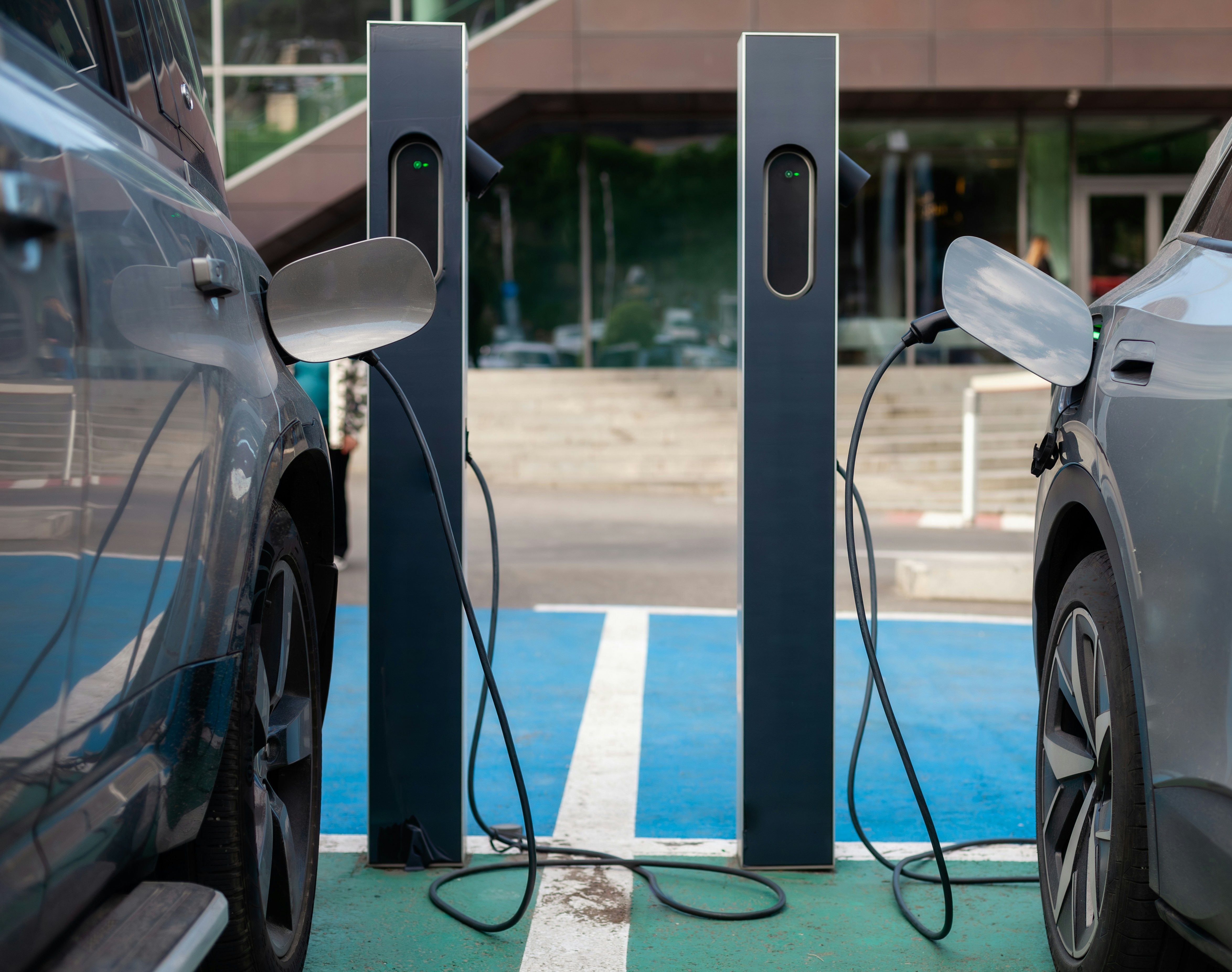As electric vehicles (EVs) become more mainstream in 2025, many drivers still ask: How long does it really take to charge an EV? The answer depends on several key factors:
Key Factors That Affect EV Charging Time:
- Charger type and power output
- Your EV’s battery size and max charging rate
- How full or empty the battery is when you plug in
Types of EV Charging
Slow Charging (3-7kW)
Home chargers typically operate in this range. For most EVs, a full charge from empty takes 8 to 12 hours, making it ideal for overnight charging. Perfect for overnight charging for vehicles like the MG 4 electric or Tesla Model 3.
Fast Charging (7-22kW)
Found at many public electric car charging points, these can replenish some EV battery in 3-5 hours. Most EVs cannot take full advantage of 22kW AC. Most charge at 7–11kW on AC, which results in charging times closer to 6–10 hours, especially for larger batteries. These are ideal for topping up while shopping or during longer stops. Best used for daytime top-ups or while parked for extended periods.
Rapid Charging (50-150kW)
Electric vehicle charging stations with rapid capabilities can charge most EVs to 80% in 30-60 minutes. Tesla charger networks and newer public car charging points often feature these powerful options.
Ultra-Rapid Charging (150kW+)
High-power networks like IONITY, Tesla Supercharger V3, Gridserve, and BP Pulse Ultra-Fast can charge compatible EVs to 80% in 20–30 minutes. However, not all EVs support these speeds — check your model’s capabilities.
Real-World Charging Examples
Tesla Model 3 Long Range (75kWh battery):
- 7kW home charger: ~10-11 hours
- Tesla V3 Supercharger: 10–80% in ~25-30 minutes
MG 4 Electric (61kWh battery):
- 7kW home charger: ~9 hours
- 100kW rapid charger: 10–80% in ~35-45 minutes
Making Informed Decisions with EV Performance Reports
Understanding charging times becomes even more crucial when purchasing a used EV. Charging performance can change as EV batteries age. Battery degradation may reduce range and slow charging speeds. This is especially relevant when buying a used EV.
Our EV Check Plus Reports provide comprehensive insights into a vehicle's charging capabilities and range estimates by simply entering the VRN number. Before committing to that used electric car, knowing its true charging performance can save you from unexpected disappointments.
Tips for Charging Efficiency
- Use off-peak EV tariffs for cheaper home charging
- Pre-condition your battery in cold weather
- Keep charge levels between 20–80% for optimal longevity
- Plan trips around rapid or ultra-rapid charging points
Whether you're considering your first electric vehicle purchase or looking to upgrade, understanding charging times and battery health is essential for a seamless EV experience.
